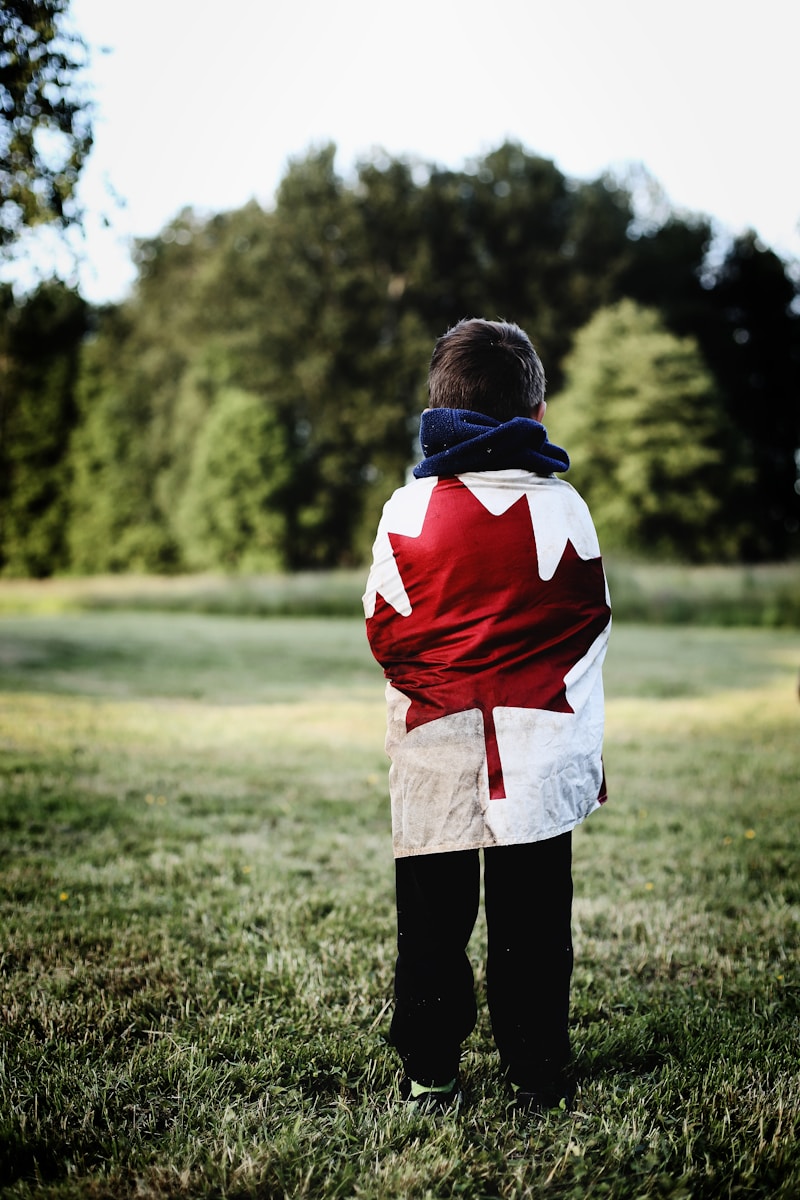
“Words are potent weapons for all causes, good or bad.” —Manly Hall
When we speak of immigrants as “New Canadians,” we often use the term without weighing its implications. We think we are extending a warm welcome–an invitation into the fold of Canadian life, of sorts. Yet, this term carries a heavy weight that subtly, yet powerfully, furthers the divide between “us” and “them.” It establishes a hierarchy. One that rather than being welcoming, actually can alienates and diminishes the very people it seeks to embrace.
Let’s consider those implications.
By designating immigrants as “New Canadians,” we are not only saying that they are new to Canada, but we’re also suggesting they are a new kind of Canadian–different, not quite the norm, and inherently less connected to the national identity. There is an unspoken contrast here against the ‘Old Canadians,’ a category often filled subconsciously by white, longer-established populations whose roots in Canada are seen as deeper, more legitimate. This division goes beyond simple chronology of arrival; it delves into the realms of race and ethnicity, subtly coding “Canadian” as white, and everyone else as perpetually catching up.
The term also puts an unspoken expectation on immigrants that have barely arrived to Canada to leave their identity behind to become one of us. And while I agree that immigrants should try to integrate in our society, I would want them to do so while keeping their customs, language, traditions and values, which in the end adds to our diverse culture.
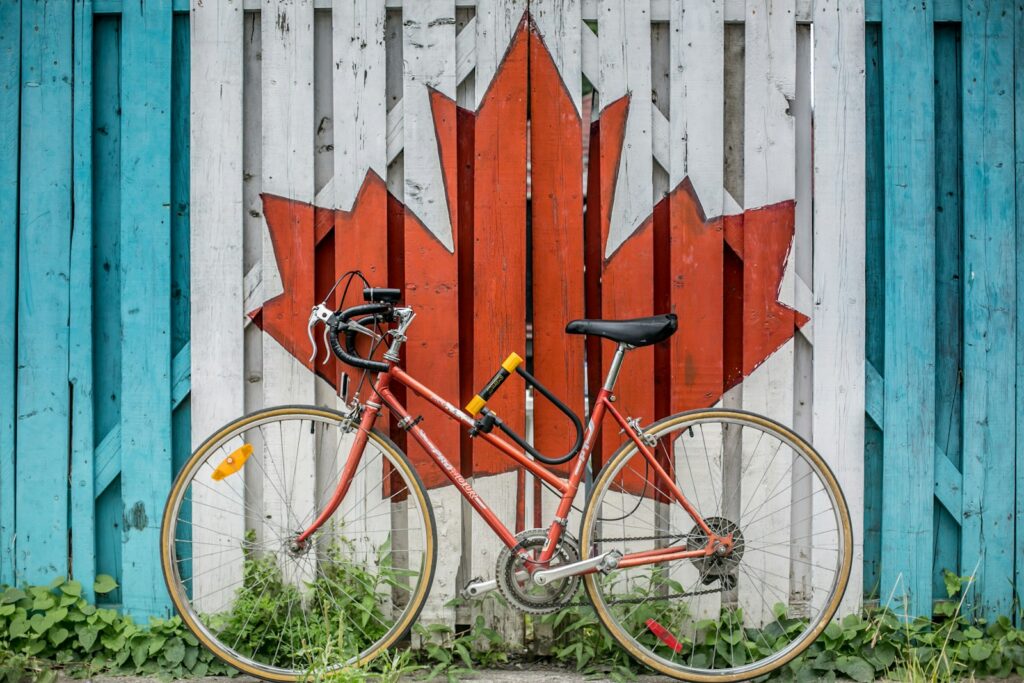
This “New Canadian” label is often given to anybody who simply isn’t white, regardless of where they were born. I remember years ago, hearing about an incident at a rally where Jagmeet Singh was told by a heckler to “go back where he came from”, to which Singh answered: “Scarborough”?
Singh isn’t white, therefore, he is perceived by many as a “New Canadian” despite having been born and raised here. Isn’t he as deserving of the “Canadian” title as any other (white) Canadian?
I can only imagine how profound and unsettling of an emotional toll being labeled that way has on an individual. To be perpetually seen as new is to be always seen as other, as someone still striving to grasp the elusive core of what it means to be Canadian. It casts diversity as a deviation from the norm. This “othering” is not just a matter of feeling left out; it is about feeling perpetually lesser, as though one’s contributions and presence are constantly being evaluated against a more authentic, more Canadian benchmark. I’ve written about this before. Even my own kids, who slightly deviate from the desired shade of white it takes to be recognized as a Real Canadian by some, feel this “othering” from time to time.
But I digress. Back to “New Canadians”.
Over the last few weeks, I’ve heard the term used pejoratively so many times in casual conversation. While mostly used to distance and discriminate, it also hides sense of fear that this New Canadian, this New KIND of Canadian, will take our jobs, take our money, eradicate real Canadians and dilute the powers that whites have held for centuries.
This is mostly subconscious, of course, but sometimes it is blatantly racist. Comments on posts we make on facebook really show the hatred and disgust some people hold for these “New Canadians”.
I think we need to realize that those migrants are just people, struggling like everybody else, sometimes coming from horrible circumstances and just trying to have a chance at a decent life. So let’s just eradicate the term “New Canadians” from our vocabulary and use a better way to refer to new immigrants: Newcomers. Why allow a term that should celebrate new beginnings and fresh view points to create division? If Canada is to truly be the inclusive, diverse mosaic we pride ourselves on being, we need to reflect critically on the language we use to describe one another. We must step away from labels that divide and use language that celebrates our similarities instead of pointing out our differences.
For change to happen, we must first change ourselves, therefore the words we use.



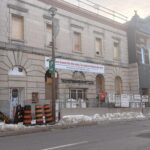

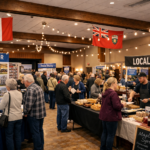



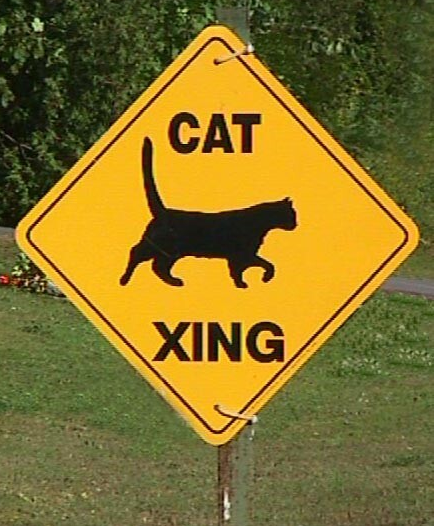
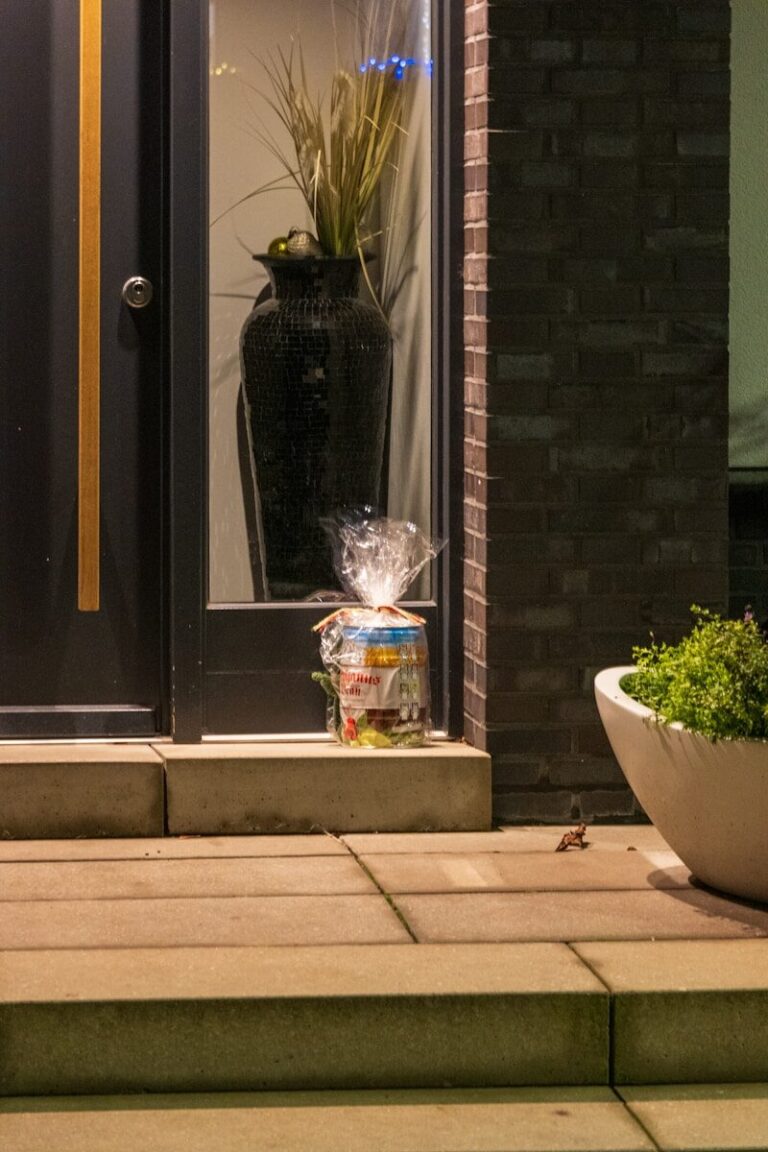


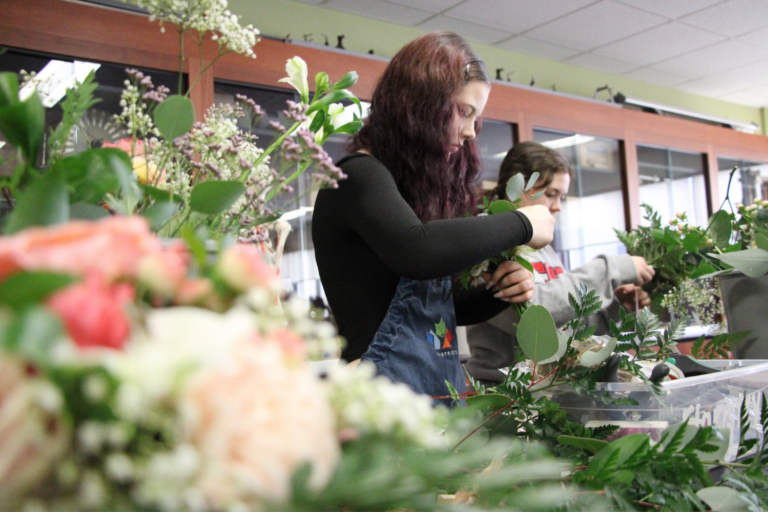
It is fascinating how the use of labels seems (at least to me) to be a national hobby and an institutional favorite practice in Canada. This article in itself is a testimony to that.
As a recently settled human being in Canada, I heard it all: from member of a « visible minority », to « new Canadian », passing by « racialized group » and « newcomer » and everything in between that makes sense or not.
I acknowledge the good intentions behind such outdated labeling activities, yet in my opinion it is not doing any service to the collective consciousness of the Canadian society. It is indeed divisive and alienating. That is why i made it one of my missions to advocate for cultural humility in my new country, Canada, the country I chose to call home.
Dear Julia, I appreciate the reflective points you are raising, however please know that not all “migrants” come from “horrible circumstances”. It is very important for previously settled migrants to understand that once for all. Many of us chose deliberately to come to Canada as what is called “economic”, “skilled” or “qualified” immigrants, with a will to start a new chapter in our lives on the Canadian soil, contributing to the economic and social development of the country.
Another comment, could you please explain the purpose of the survey at the end of the article? Or is it just another national hobby? You mat want to revise the ethnic groups highlighted in the survey as it leaves behind a big number of groups.
Thank you though speaking up and pointing out the importance of mindful and inclusive language.
#GreaterCanadaForAll
Dear Youssef,
Thank you for commenting. Yes, you are absolutely right, not all migrants come from horrible circumstances, and I’ve adjusted my text. The survey is only intended to take the pulse of the community uses the 5 races, not ethnicity or nationality. -Julia
Thank you for the prompt reply, the text adjustment and the explanation.
Appreciate the open dialogue, we need more of that .
It is so tiring. Again, the skin colour. I am white and the discrimination I have faced with my family since I live in this country (as a Canadian now)…You can not even imagine it. Sorry, but this vision and the political vision of diversity is so non-inclusive and with a lack of understanding… It is why things do not change. People should not talk too loud about what they don’t know. It harms more than it helps, it is an additional violence.